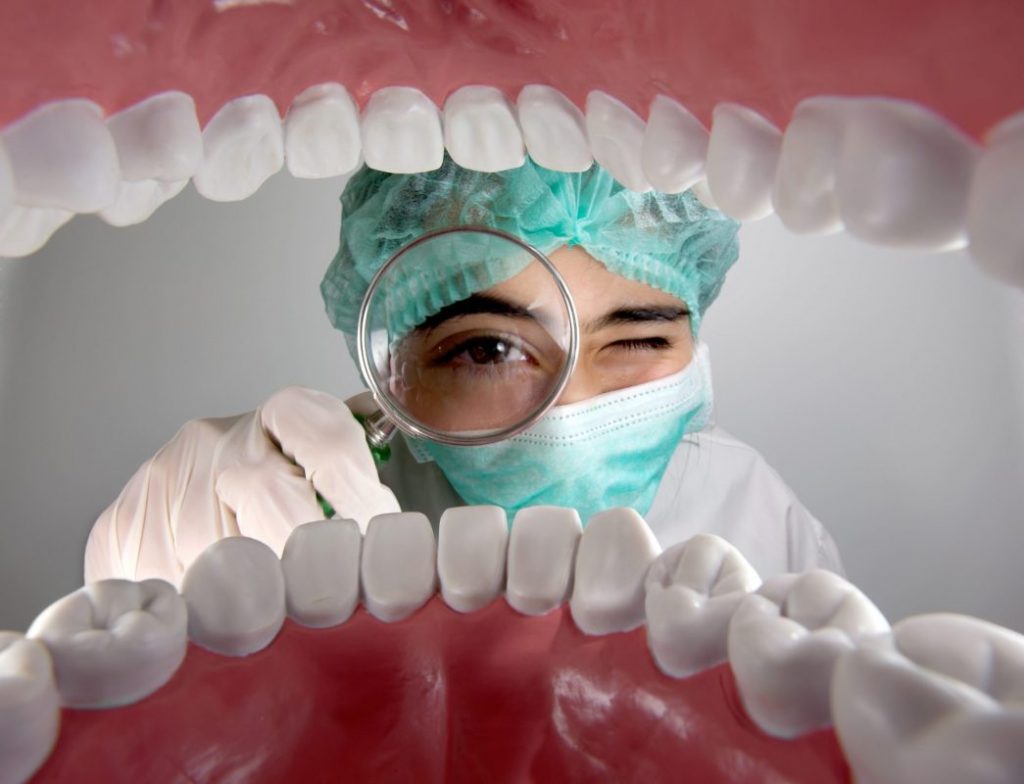Most adults who have a missing tooth or teeth want a simple solution that will look natural and will allow them to bite into and chew food as though there were no missing teeth at all.
Many people will have approached their dental team about having dentures fitted or even a bridge, but these solutions often do not produce the bite strength that most people want from a restoration.
In the last 15 years in dental care and restoration, more dental teams than ever have been training to offer their patients oral implants. These are replacements that are fitted to the jaw via surgery and fuse to the bone, creating a stable base for a prosthetic tooth or teeth to be attached.
Sounds great, right? Well, if you are interested in having dental implants Ryde fitted, then you may have some questions. Here, 5 of the most commonly asked questions relating to these restoratives are answered below, so read on to learn more.
How long does the fitting take?
This will depend on how many implants you are having fitted and the skill of your dental team. Having implants fitted is not something that should be rushed and if you are having endosteal implants fitted, the process should take between 1 to 2 hours. If you are having multiple implants fitted, your dental team will likely spread the process out over several weeks.
Is the fitting uncomfortable?
It shouldn’t be.
Your dental team will numb the area before they begin with a local anaesthetic. Of course, if you are a nervous patient, you can opt for sedation.
Once the surgery is over, and you are at home, your dental team will advise that you take pain relief like paracetamol to manage the discomfort. You should avoid pain relief like ibuprofen or aspirin, as these can thin the blood and cause any bruising that you have to worsen.
Ice packs or heating packs applied to the face can also help to alleviate discomfort.
How long does the fusing take?
This will depend on your age when the implants are fitted, your overall health and how well you adhere to the aftercare advice set down by your dental team.
In most cases, the fusing of oral implants takes between 3 to 6 months, but this can vary a bit, and is usually not cause for concern. Most dental teams will, however, consider an oral implant fitting a failure if after 12 months there is no significant fusing.

Is everyone suitable for implants?
The majority of dental patients are suitable for oral implants.
But, some health conditions can make you unsuitable. If you have osteoporosis, this can complicate the fitting of implants. If you have poorly managed diabetes, this can create delays in healing. If you have an autoimmune condition and are taking immunosuppressants, this can also delay the healing process. So, always be sure to tell your dental team about any medical conditions you have, or any medication that you are taking.
Are implants worth it?
In almost all cases, yes, oral implants are worth having.
They provide a sturdy and secure replacement for missing teeth and are often more suited to daily life than dentures or bridges.
While many people worry that they may be expensive, the majority of dental surgeries that offer them can also provide financing for suitable patients, so you can split the overall payment into affordable monthly instalments.
DISCLAIMER OFFSITE
Any surgical or invasive procedure carries risks. Before proceeding, you should seek a second opinion from an appropriately qualified health practitioner.
